BP78
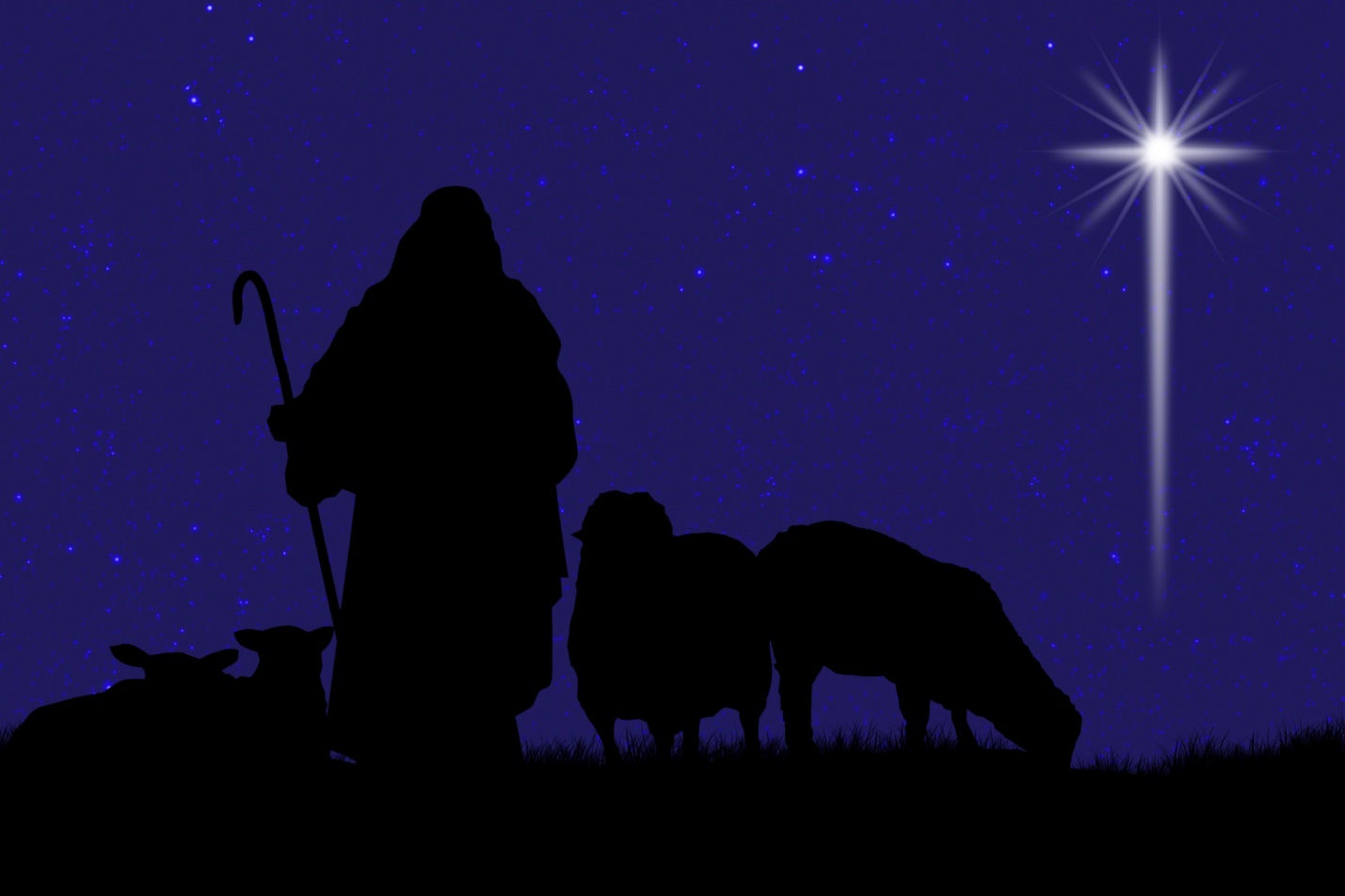
There were dozens of shepherds out in the fields that cold night near Bethlehem. Four of the shepherds were young men named Asher, Eli, Joseph, and Ezra. Together, they were watching a particularly large flock of sheep west of Beth Basi.
They had no idea what was going to happen that night, namely, that God was going to manifest Himself in a way that humanity had never experienced before—even Moses. The four shepherds were absolutely clueless for a number of reasons. First, there had been no direct word from God for over 400 years. Four centuries! Few people besides Temple dwellers like Anna and Simeon were expecting the Most High God to reveal Himself at any moment through a prophet or a miraculous epiphany. Many had decided that God had forgotten His people.
Second, shepherds were very low on the social status scale. When God next revealed Himself, it certainly would not be to four young men who mattered little in the overall scheme of life. God might appear to an educated scribe or a rabbi—very possibly to the high priest or a Pharisee who knew the Word of God as well as he knew the back of his hand–but not to these uneducated, common men who were nothing but animal tenders. Even most of the am ha eretz—the run-of-the-mill people of the land–were valued above them.
Thirdly, Joseph, Asher, and Ezra did not even attend synagogue. Only Eli went to synagogue every Sabbath to hear the rabbi read the Torah and teach about Yahweh’s character and His commandments. Clearly, God would not deign to come to those who were, at best, nominal believers in God. Eli was different than his three companions–his faith was genuine and deep–but his presence alone would not warrant an appearance by the Most High God.
Fourth, three of the shepherds were conversing about mundane, earthly topics that night that were anything but heavenly. Asher was railing against his Pharisaic grandfather whose strict teaching (from the school of Rabbi Shammai) he had rebelled against since he was thirteen years old.
Ezra was musing aloud about how much money he would get for the sheep he would soon be selling to the temple supply.
Joseph was not interested in smelly sheep. His mind was obsessed with Delilah, the young woman with large eyes and a shy smile he had met at his uncle’s house in Bethany.

Only Eli was pondering other-worldly things. After throwing more sticks on the fire and pulling his mantle tighter around his shoulders, he looked up into the sky that was strewn with sparkling diamonds, one of which, strangely, was much larger and brighter than the others. Known to his friends as the dreamer, he commented aloud, “If these stars could utter words and the moon could whisper, they would certainly speak to us about the holiness of Adonai.”
The other three men look at Eli through the flames of the fire. Asher grunts, Joseph nods his head noncommittedly, and Ezra simply stares at the youngest of the four shepherds.
By now, the moon has risen high in the night sky and illuminates the hillsides where the men are tending their flock. A sea of pale-white patches—some standing, most lying down–dot the dark, grassy slopes that are also populated with the ever-present limestone outcroppings.
Joseph holds his hands up to the fire and says, “I believe in the Messiah, but sometimes I wonder if he will ever come. It has been so long, now. So, so long.”
Asher laughs a mirthless laugh. He glances at Joseph and then back at Eli. “I will believe in the Messiah when he reveals himself. I do not believe and wait to see. I wait to see and then I believe. Blind faith is for the rabbis and lonely women. I am a man of the world who needs evidence.”
There is a long silence. Only the occasional bleating of sheep interrupts the quiet of the dark night that is only slightly tempered by the moon and the stars. Eli continues to stare up into the glittering heavens.
“Like a lamb that wanders from its master, so I have wandered from the high and holy One,” Ezra confesses as he throws a large branch into the fire. “Maybe like Asher, I have given up looking for things unseen and have fixed my affections on what I can see and touch.”

He hesitates for a moment, then looks down at his hands that lie in his lap. “I love money more than I love Him,” he says quietly. “Whenever I look at sheep, I see nothing but shekels, denarii, and silver.”
Eli looks over at Ezra and smiles. “’Those who pay regard to vain idols forsake their hope of steadfast love,’” he says softly to his fellow shepherd. “Jonah spoke those words to us when he was in the pit of darkness. I think it is wise to listen to any words that are spoken from inside a fish’s stomach.”
Eli fears that Ezra will be angry with his words. He is not. Instead, his eyes unexpectedly fill with tears that glisten before the light of the fire, and he cries out, “Do you think I choose to love idols, Eli? The love for wealth just comes naturally to me. And maybe I grow weary of being a lowly shepherd. I do not want to watch sheep my whole life like my father and his father before him.”
Ezra wipes his eyes with the sleeves of his mantle and says, “I want to love the Most High, but my love for the things of this world is so strong. I am so easily distracted from loving Adonai with all my heart, soul, and mind.”
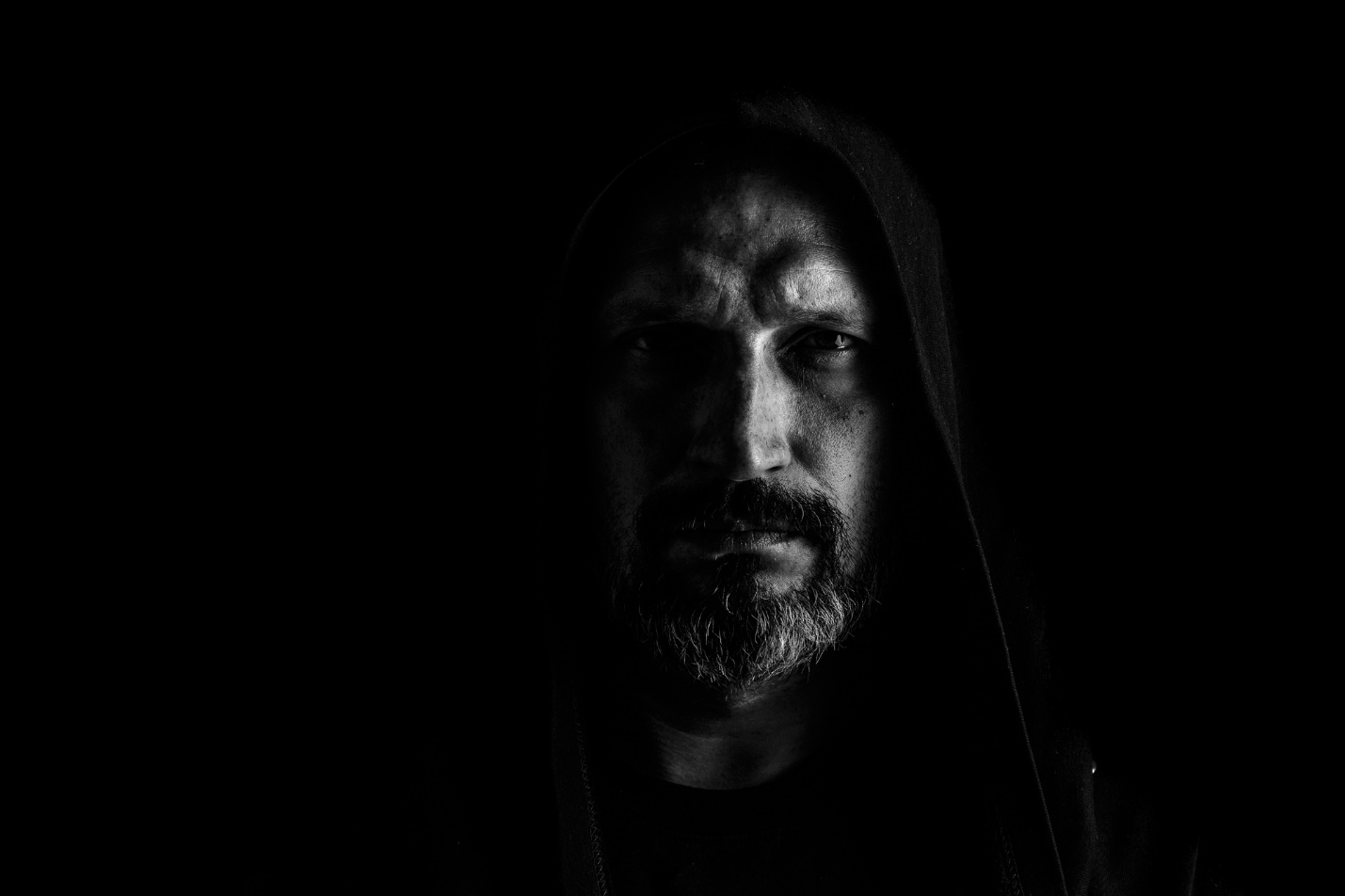
The four shepherds fall silent again and soon are lost in their own thoughts. Ezra is grieving his idolatry around money–his first century BC addiction. Asher is thinking that if the Lord of heaven is anything like the legalistic lord of his household—his grandfather—he will never choose to obey the Creator of the heavens and the earth. Joseph is praying, something he does not often do these days. He simply says, “’Wonderful Counselor, Mighty God, Everlasting Father, Prince of Peace’—open my eyes to see you.”
Eli gets up from his place beside the fire and walks toward his friend Ezra whom he has known since they were children. His intent is to comfort his fellow shepherd with words from Isaiah: “Therefore the Lord himself will give you a sign. Behold, the virgin shall conceive and bear a son, and you shall call his name Immanuel.”
However, just when Eli reaches down and rests his hands on Ezra’s shoulders, the night sky is suddenly rent by light. Eli looks up and–
And an angel of the Lord appeared to them, and the glory of the Lord shone around them, and they were filled with great fear. And the angel said to them, “Fear not, for behold, I bring you good news of great joy that will be for all the people. For unto you is born this day in the city of David a Savior, who is Christ the Lord. And this will be a sign for you: you will find a baby wrapped in swaddling cloths and lying in a manger.” And suddenly there was with the angel a multitude of the heavenly host praising God and saying,
“Glory to God in the highest,
and on earth peace among those with whom he is pleased!
When the angels went away from them into heaven, the shepherds said to one another, “Let us go over to Bethlehem and see this thing that has happened, which the Lord has made known to us.” And they went with haste and found Mary and Joseph, and the baby lying in a manger. And when they saw it, they made known the saying that had been told them concerning this child. And all who heard it wondered at what the shepherds told them. . . . And the shepherds returned, glorifying and praising God for all they had heard and seen, as it had been told them ~ Luke 2:8-20
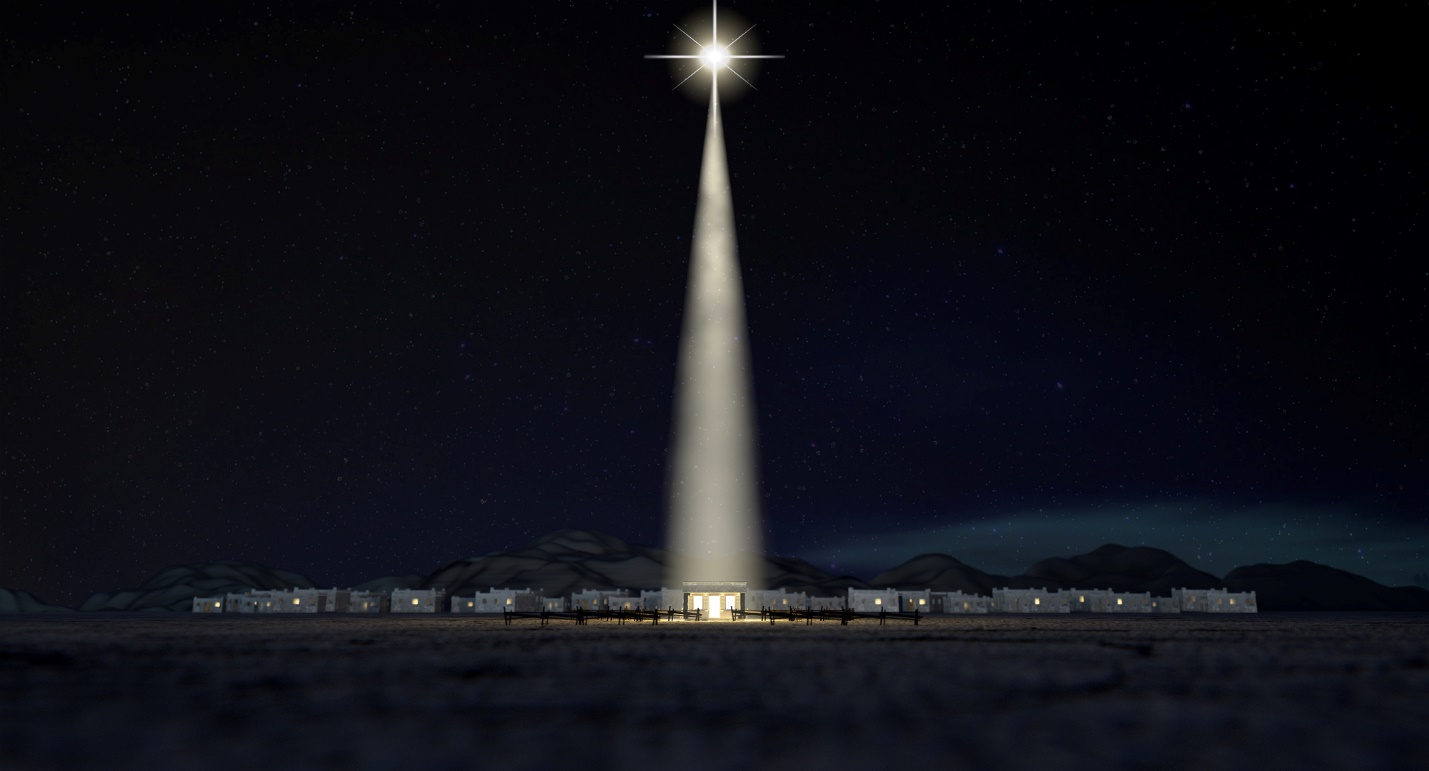
As Joseph, Ezra, Eli, and Asher hurry over the dark hillsides outside Bethlehem to return to their unattended sheep, it is Asher who speaks first.
“Can you believe it!” he exclaims. “The Messiah has come, and we have seen Him with our own eyes! We have seen Him!”
Ezra, who is not walking as much as he is dancing down the moonlit path, exclaims, “The heavenly messengers appeared to us, to lowly shepherds! Who is this Messiah that would announce His message to men such as us! And what God is this that would come to us as a baby?”
Joseph is openly weeping. When he is finally able to speak, he says, “I was so afraid when the angel spoke to us! I have never been so afraid! But now that I have seen the baby at Bethlehem, I have a peace in my heart that I have never had before. I believe that I will now live out the rest of my days with that peace as my ever-present comforter. I now know that I will never be alone.”
“Can you even think the thought?” Eli cries out with a look of amazement on his face. “We are the first humans to hear from God since the great prophet Malachi!”
“Except for the priest, Zechariah, and the parents of the Messiah,” corrects Asher. “Remember, Mary told us about how the angel appeared to all of them.”
“Yes, yes, you are correct, Asher,” the young shepherd replies. “But we were the first ones besides the parents to receive the good news of great joy!”
Ezra runs down the path ahead of the others and then turns to face his three friends. “Did you hear how often Joseph and Mary spoke of mercy?” he asks excitedly. “They said that God’s mercy is for those who fear Him and that He has helped Israel out of His mercy. Mary spoke of the great mercy the Lord had shown her cousin Elizabeth by giving her a son, John, and also told us about Zechariah’s words that in the person of the Messiah God has shown us the mercy promised to our fathers.”
“Because of the great mercy embodied in the Messiah, God is not going to give us the judgment we deserve,” Joseph announces.
“You are correct, my brother,” says Eli. “The Messiah has not come to judge His people but—how did Mary quote Zechariah’s words—to give light to those who sit in darkness and in the shadow of death, to guide our feet into the way of peace?”
Asher shakes his head back and forth and says, “I still cannot believe it. God’s Messiah has come as a baby. Who would have thought it?”
“The prophet Isaiah did say that to us a child is born, to us a son is given,” Ezra points out.
Asher looks down at the dark path and says, “I am sorry to say that I do not know the Torah or the prophets very well. I should have remembered that.”
“Do not fret, my brother,” Joseph interjects, “I agree with you. It is unimaginable that the God who created the universe has come to us as a baby! What divine deliverer comes as an infant? He should come riding on a white horse with a crown on his head.”
“Only a servant God who invites the lowliest of people to come to Him would enter our world as a baby,” Eli says. “Remember what Isaiah also says about Adonai? He says, For thus says the One who is high and lifted up, who inhabits eternity, whose name is Holy: ‘I dwell in the high and holy place, and also with him who is of a contrite and lowly spirit, to revive the spirit of the lowly, and to revive the heart of the contrite.'”
Ezra jumps for joy and exclaims, “How can our hearts not be drawn to the Holy One who comes to us lowly shepherds and in a form we can see and touch? I held his little hand. I looked into his little eyes. God looked back at me!”
The four shepherds laugh in unison. Eli looks over his shoulder at the bright star that is still positioned above the stable and says, “How can our hearts not be drawn to the loving God who sent His Messiah to us to save us from sin and the darkness of this present age? I cannot help but love Him and serve Him and seek to obey Him in all that He asks of me.”
When the shepherds finally arrive at their huge flock, they spend an hour checking on their sheep, then return to their fire that has been reduced to embers. They soon revive it with straw and small sticks.
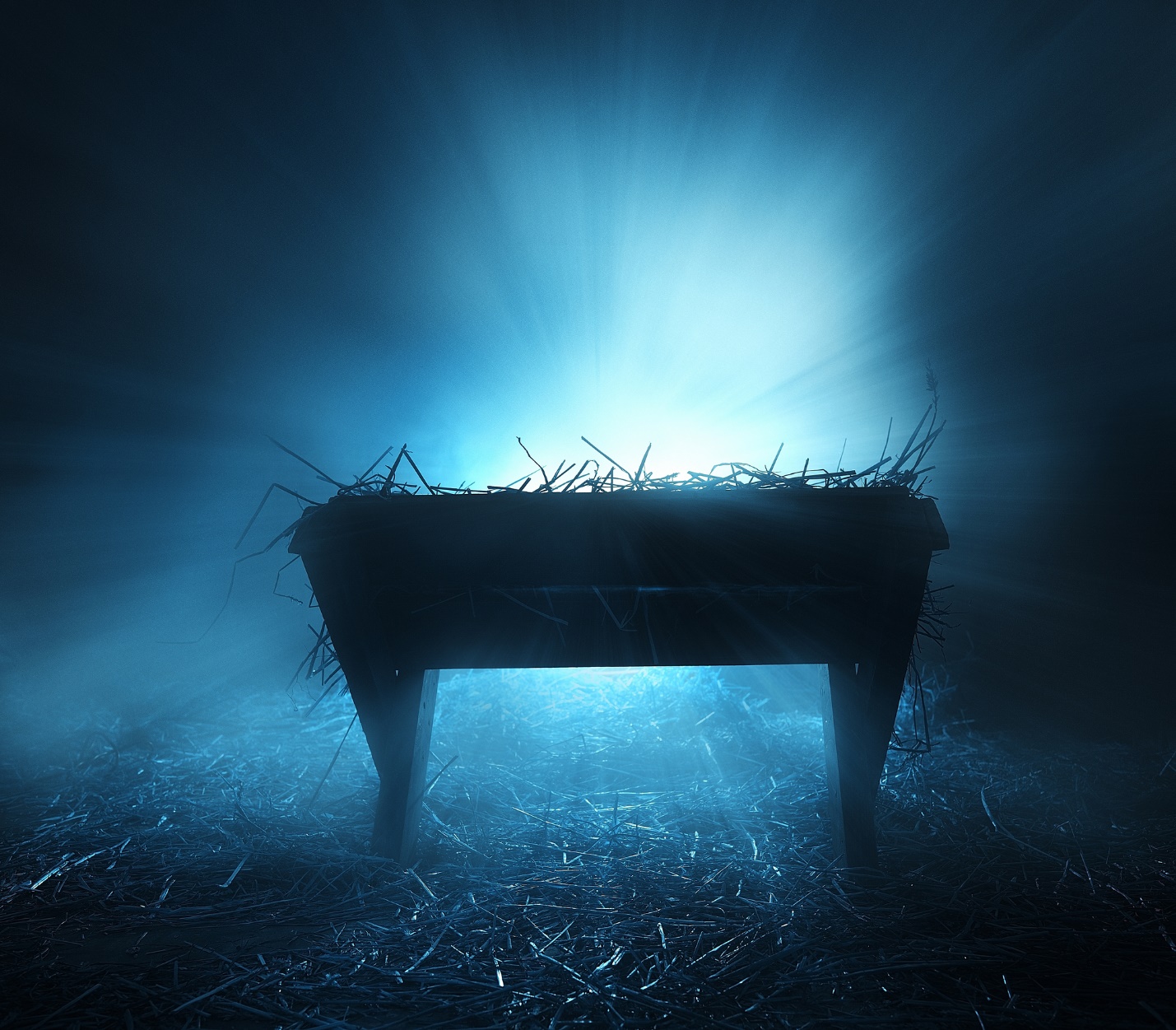
Asher sums up the night well when he says, “We have been blessed to receive the good news of the Savior who has been sent from heaven for us. We will never come this way again. We will never relive this night again except in our memories. Therefore, let us cherish this night in our hearts. May we become new men as we seek to obey the God who has come to us as a baby. As a baby! What child is this?”
Asher, Joseph, Ezra, and Eli do, in fact, become new men. Instead of shunning God, Asher decides to become a disciple of one of the rabbis in the temple who speaks often of the Messiah. Asher dies before Jesus begins His public ministry thirty years after that majestic night in Bethlehem, but he dies with the name of Jesus on his lips.
Ezra remains a shepherd but eventually becomes moderately wealthy. He becomes the most generous man in Jerusalem. All because of the baby he met that night in a stable in Bethlehem—the baby who had created the universe including the straw he laid on that first night on earth as the God-man.
Joseph marries Delilah when he sees that her heart is filled with joy at the news of the Messiah’s advent. They are both fifty-two years old when Jesus is baptized in the Jordan River by his cousin, John the Baptist. Joseph and his wife are among the thousands who are also baptized by Zechariah’s son in the muddy, serpentine river.
Eli never marries. Instead, he devotes himself to teaching all the children of Bethlehem and the surrounding countryside about the coming of the long-expected Messiah.
How about you? Are you struggling with an addiction, or so caught up in a relationship with a beloved one that Jesus is on the back burner of your heart? Are you doubting God’s presence in your life or questioning if you are even a true believer or not–or that He has forgotten you?
Slow down for a while. Stop and be still. Ponder the question along with the four shepherds, What child is this? Remember that He came for you out of great mercy and love. He came to be with you and to draw you to the Father. He came for you by name.
Do you know Him? Are you seeking Him everyday as the greatest treasure of your life? That baby created the mother who bore Him, and He created you and everything else in the universe. Nothing is more important than knowing Him.
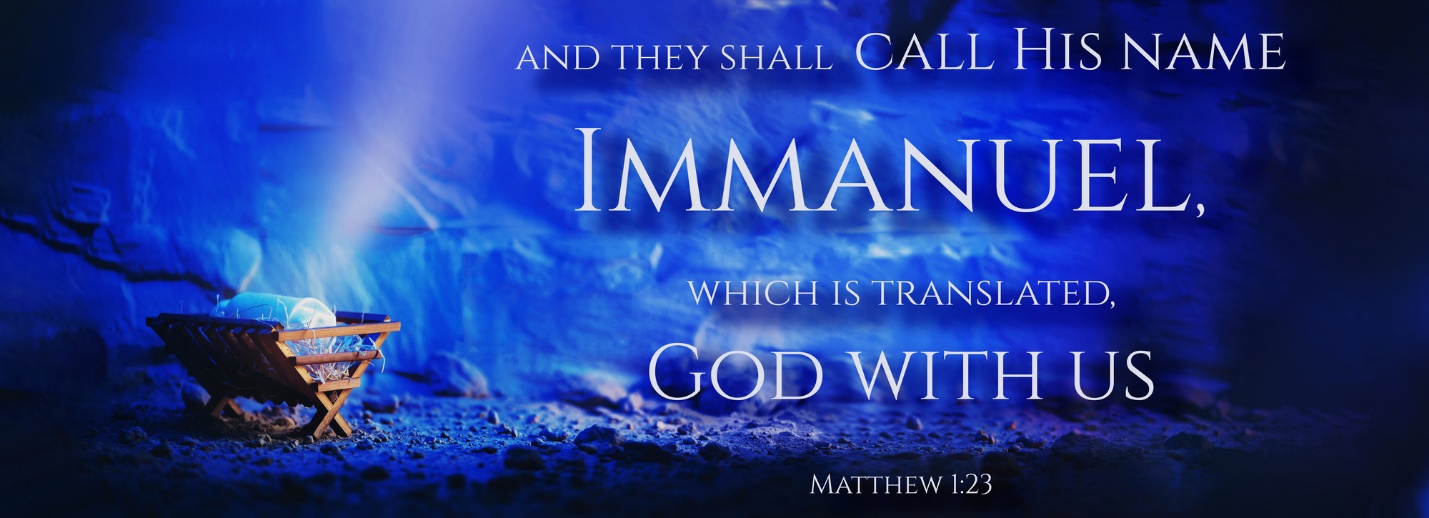
For God so loved the world, that he gave his only Son, that whoever believes in him should not perish but have eternal life ~ John 3:16
He is the image of the invisible God, the firstborn of all creation. For by him all things were created, in heaven and on earth, visible and invisible, whether thrones or dominions or rulers or authorities—all things were created through him and for him. And he is before all things, and in him all things hold together. And he is the head of the body, the church. He is the beginning, the firstborn from the dead, that in everything he might be preeminent. For in him all the fullness of God was pleased to dwell, and through him to reconcile to himself all things, whether on earth or in heaven, making peace by the blood of his cross ~ Colossians 1:15ff
